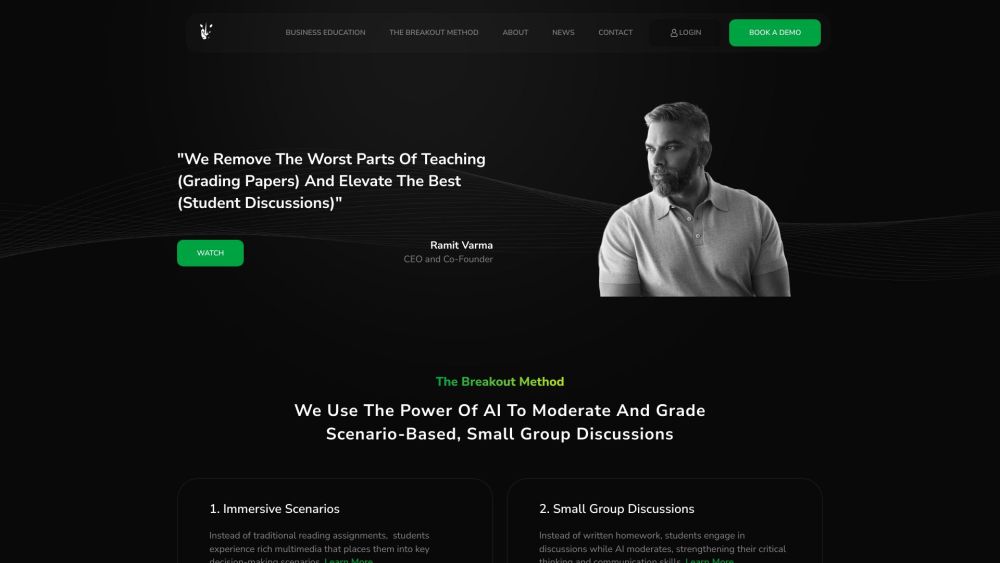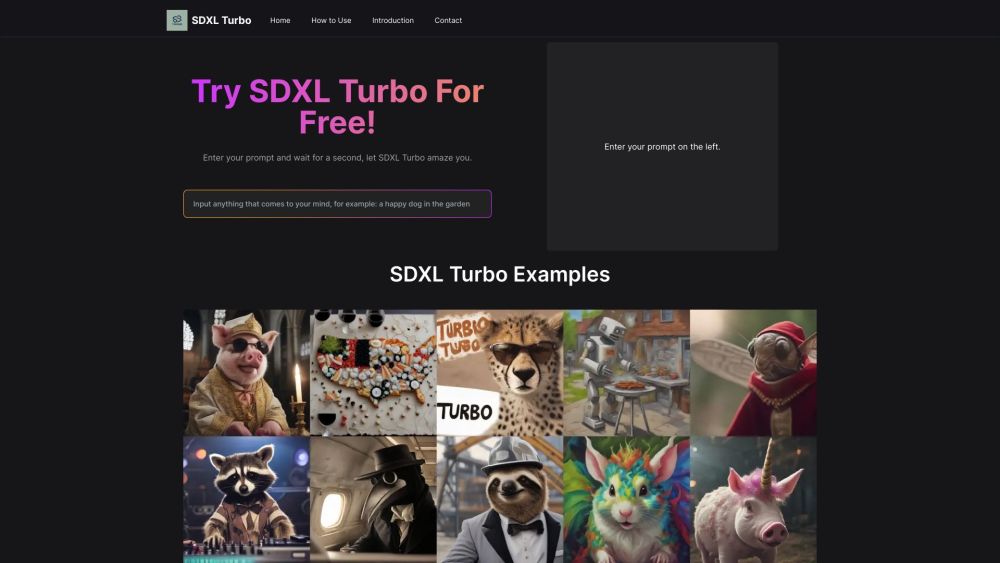To leverage large language models (LLMs), web applications typically rely on connections to cloud servers. However, former Google engineer Jacob Lee has introduced an innovative method for running AI locally, which could significantly reduce both costs and privacy concerns associated with cloud-based solutions. Previously involved with the development of Google Photos, Lee now contributes to the popular LangChain framework and shares insights on his approach through a blog post on Ollama.
In his post, Lee explains how developers can create web applications capable of conversing with documents directly from a user's device, thereby negating the need for expensive cloud connections. By utilizing a blend of open-source tools, he has designed a web app that allows users to interact with reports or papers in natural language. Interested users can easily access a demo by installing the Ollama desktop application, running a few commands for local setup, and then engaging in a chatbot conversation about any uploaded document.
For the demo, users will need a Mistral instance running locally through Ollama, and comprehensive setup instructions are outlined in Lee’s blog.
### How the Process Works
The underlying mechanics of Lee's implementation involve a streamlined five-step process:
1. **Data Ingestion**: Users load documents, such as PDFs, into the system. Lee employs LangChain to segment these documents into manageable chunks and generates vector embeddings for each chunk using Transformers.js. These chunks are then organized within the Voy vector store database.
2. **Retrieval**: When a user inputs a question, the system searches the vector store to find the chunks most relevant to the query.
3. **Generation**: The question and identified chunks are sent to the locally running Ollama AI, which uses the Mistral model to generate a response based on the retrieved information.
4. **Dereferencing**: For follow-up queries, the system reformulates the questions before repeating the retrieval and generation steps.
5. **Exposing Local AI**: The Ollama tool provides access to the locally running Mistral model from the web app, allowing for seamless integration of the generation functionality.
In essence, Lee has developed a web application capable of discussing documents offline, powered entirely by intelligent software running on a user’s personal computer.
### Advantages for Businesses and Developers
This local-first approach has significant implications for businesses and enterprise developers. By shifting away from cloud reliance to local deployments, organizations can lower their operational costs, particularly when scaling operations. Furthermore, this method allows for high customization, as users can create fine-tuned models using proprietary in-house data.
Processing data locally also addresses privacy issues, ensuring that sensitive information remains within the premises and mitigating potential breaches. Lee anticipates that such systems will become increasingly prevalent as emerging models are designed to be smaller and more efficient, enhancing their compatibility with local devices.
To facilitate even broader access, Lee envisions a browser API enabling web applications to request access to a locally operating LLM, similar to a Chrome extension. “I’m extremely excited for the future of LLM-powered web apps and how tech like Ollama and LangChain can facilitate incredible new user interactions,” he remarked.
Lee's concept aligns with a growing trend in AI-driven web development. Platforms like MetaGPT allow users to construct applications using natural language commands, while tools like CodeWP.ai generate HTML for websites. Furthermore, developer environments like GitHub Copilot and Replit AI streamline coding processes, and initiatives like Google’s Project IDX provide AI resources for developers to explore.
In summary, Jacob Lee’s innovative approach to local LLM integration not only paves the way for cost-effective and privacy-conscious applications but also transforms how users interact with technology in a digital landscape increasingly driven by advanced AI capabilities.




